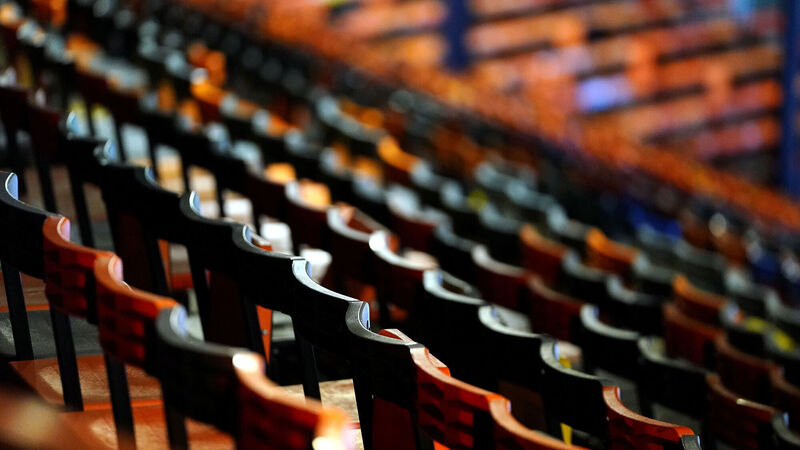Michael Moynihan: Scouting reports - Acquire? Yes

How do you evaluate players in your favourite sport, beyond technical terms such as ‘savage’ or ‘red raw useless’?
Try from €1.50 / week
SUBSCRIBE
How do you evaluate players in your favourite sport, beyond technical terms such as ‘savage’ or ‘red raw useless’?
Genuine question.
Already a subscriber? Sign in
You have reached your article limit.
Annual €130 €80
Best value
Monthly €12€6 / month
Introductory offers for new customers. Annual billed once for first year. Renews at €130. Monthly initial discount (first 3 months) billed monthly, then €12 a month. Ts&Cs apply.
Newsletter
Latest news from the world of sport, along with the best in opinion from our outstanding team of sports writers. and reporters
Newsletter
Latest news from the world of sport, along with the best in opinion from our outstanding team of sports writers. and reporters
Tuesday, February 10, 2026 - 7:00 AM
Monday, February 9, 2026 - 5:00 PM
Monday, February 9, 2026 - 9:00 PM
© Examiner Echo Group Limited